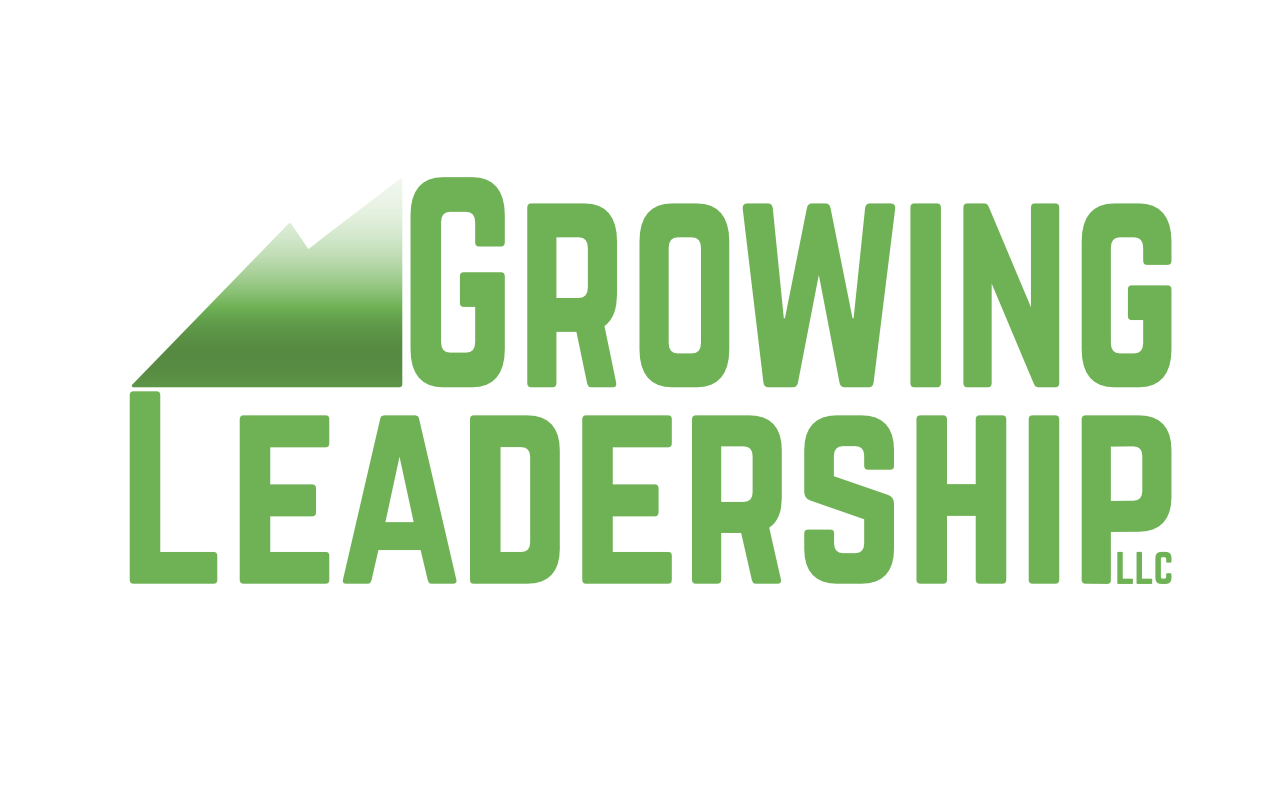Two years ago, I reflected on my time in West Africa during the Ebola epidemic and the leadership by US Ambassador Alex Laskaris who demonstrated an array of key skills. Now, we are witnessing key leadership skills in action by Ukraine’s President Zelensky who is modeling important lessons for all leaders about communicating and responding during a crisis.
Read MoreAccording to the 2021 Gallup workplace survey, only 34% of American workers are engaged in their work, and 16% are actively disengaged. That leaves 50% of American workers in the "not engaged" category – putting in time, but not the energy or passion to maximize success. This is hardly what you want for your business or organization! You can read more on this topic in my recent column in New Hampshire Business Review: https://read.nhbr.com/nh-business-review/2022/02/25/#?article=3939334
Read MoreEmbracing the courage to change is a fundamental aspect of growing as a person and as a leader. Of course, personal change is easier said than done. We are all creatures of habit, and changing habits takes time and commitment. Growing as people requires us to look for positive opportunities to change. These are some areas that many of us can work on. . .
Read MoreAn important work skill that is not sufficiently emphasized is “managing up.” It is important to get to know your boss as a person, building a relationship and trust. Consider your supervisor’s perspectives, try to walk in their shoes, and anticipate their needs. Get to understand the boss’s work style, what kind of communications, info, etc. he/she likes, trying to adapt your style to meet the boss’s preferences. Try, too, to make the boss look good to their boss.
Read MoreAre you effectively managing your time to ensure that you are working smarter rather than longer? Are you ensuring that you have enough time for the most important activities? Stephen Covey reminds us to “put first things first” in his classic “The Seven Habits of Highly Effective People.” The urgent/important matrix he describes is a useful way to approach this challenge. You can read more in my full column here.
Read MoreUnfortunately, examples of bad behavior are increasingly on display, and workplaces are not immune. The manager of Bowl-O-Rama in Portsmouth, NH felt a need to speak out on Facebook, decrying “rude, belligerent, and frankly abusive behavior” by customers. News reports recount physical threats against school board members, hospitals installing panic buttons due to growing patient assaults, and airline employees getting self-defense training. What is a business leader to do? Here are a few suggestions:
Read MoreThe most effective leaders delegate responsibilities, demonstrating a willingness to share tasks and empower staff. One person cannot do it all, but delegation requires thoughtful planning. Delegation frees the supervisor to have adequate time to focus on important tasks and contributes to the growth and development of direct reports, creating future leaders! Despite many benefits, there are obstacles that often get in the way of effective delegation.
Read MoreAs I wrote in my latest column in the NH Business Review, taking the time to put your ideas in writing is almost always worthwhile, helping you think through and better define your ideas and priorities. Are you clear what leadership practices are most important for you? My list starts with a few overarching principles for life and work. Then, I added a “to be” list, with related quotes to help sustain motivation. For example. . .
Read More“Be deeply successful in a way that is personal for you," advised a recent graduation speaker. Sadly, we sometimes let others define success rather than determining it for ourselves. Of course, figuring it out is not always easy, and it can be amazingly convenient to let someone else do the deciding. But that is not a pathway to a meaningful life.
Read More“Put relationships first and being right second,” is great advice I found in the instructions for a training module I was leading. Our “to do lists” are always longer than the time available, and it is often tempting to “get it done” as quickly and efficiently as possible, especially since we often know (or think we know) the right answer. But optimal leadership means sometimes slowing things down and engaging staff in processes that may take longer than we might like.
Read More
